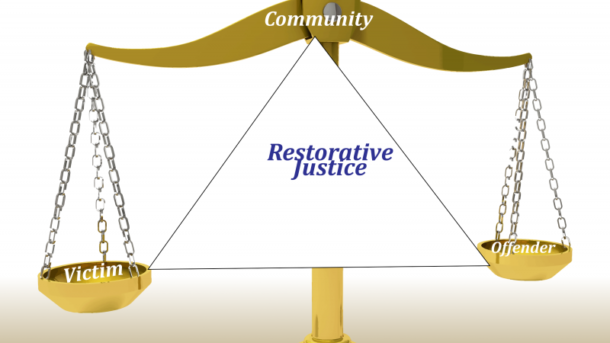In Kenya, the diversion process within the criminal justice system offers an alternative path for offenders, emphasizing rehabilitation over traditional prosecution. Understanding the timeframe for diversion is essential for both stakeholders and participants.
This article explores the varying lengths of the diversion process and outlines the steps involved in completing diversion, highlighting the responsibilities of both offenders and Public Prosecutors.
Variable Timeframes in Diversion
The duration of the diversion process in Kenya is not fixed and depends on the specific programs selected for the individual offender.
Recognizing the diverse nature of diversion options, authorities aim for a reasonable timeframe that allows for comprehensive rehabilitation while ensuring timely resolution. Striking this balance is crucial to the effectiveness of the diversion process.
Completion of Diversion
The completion of diversion is a pivotal stage, and it is the responsibility of the offender to ensure that they adhere to the terms and conditions outlined in the Diversion Agreement. This agreement serves as a roadmap for rehabilitation, addressing the root causes of the offender’s behavior.
The Public Prosecutor, in turn, plays a supervisory role, requiring evidence of completion before certifying the conclusion of the diversion process.
Issuance of Completion Certificate
Once all conditions of the Diversion Agreement are satisfactorily met, the Public Prosecutor issues a completion certificate. This certificate is a formal acknowledgment that the offender has successfully fulfilled the requirements of the diversion program.
The matter is then referred back to court, marking the conclusion of the diversion proceedings.
Termination of Proceedings
In cases where the matter has been registered in court, the diversion process terminates the proceedings. However, if the matter has not been registered, the Police File is closed, underscoring the flexible nature of diversion and its potential to resolve matters without formal court involvement.
Consequences of Non-Completion
If an offender fails to successfully complete the diversion conditions, the Public Prosecutor will not certify completion. Instead, the matter is referred back to court, and criminal proceedings resume.
This may lead to sentencing or trial if the guilty plea is terminated. The consequences of non-completion emphasize the accountability of offenders in adhering to the agreed-upon terms.
Conclusion
The timeframe for diversion in Kenya reflects the commitment to balance the need for rehabilitation with the importance of a reasonable and efficient process. Completion of diversion is a shared responsibility, with offenders expected to fulfill their obligations, and Public Prosecutors ensuring that the conditions are met.
The flexibility of the system allows for the termination of proceedings without court involvement in cases where diversion is successful, highlighting the adaptability of this approach within the Kenyan criminal justice framework. Ultimately, the timeframe for diversion aligns with the overarching goal of fostering rehabilitation and offering individuals a chance to reintegrate into society positively.




